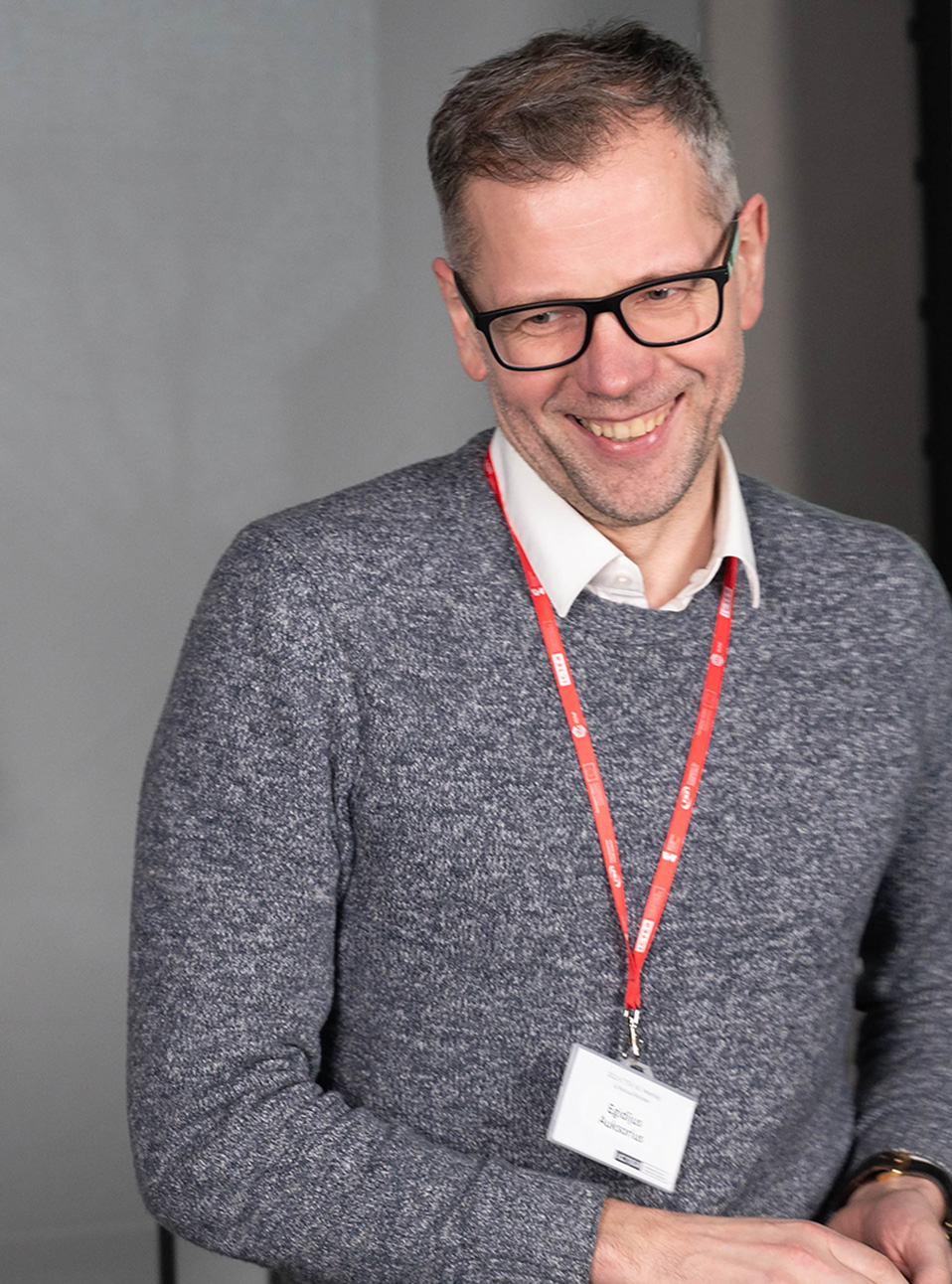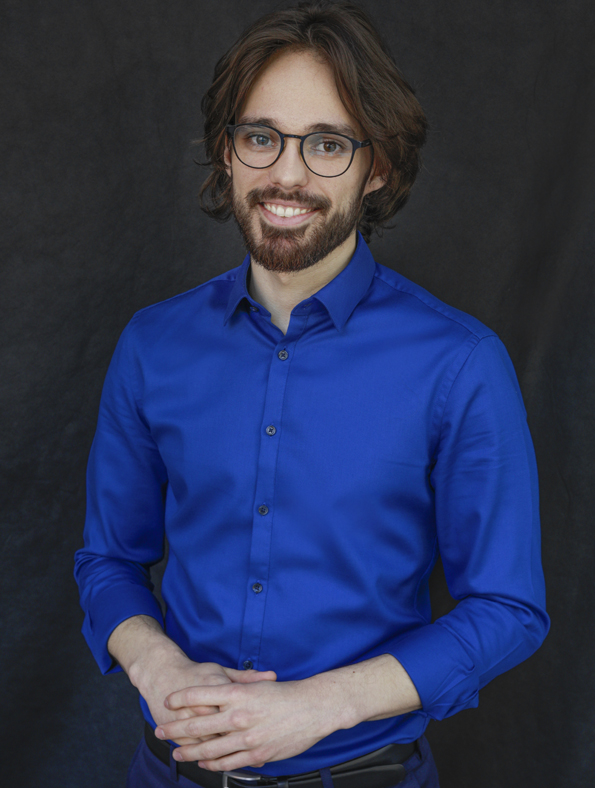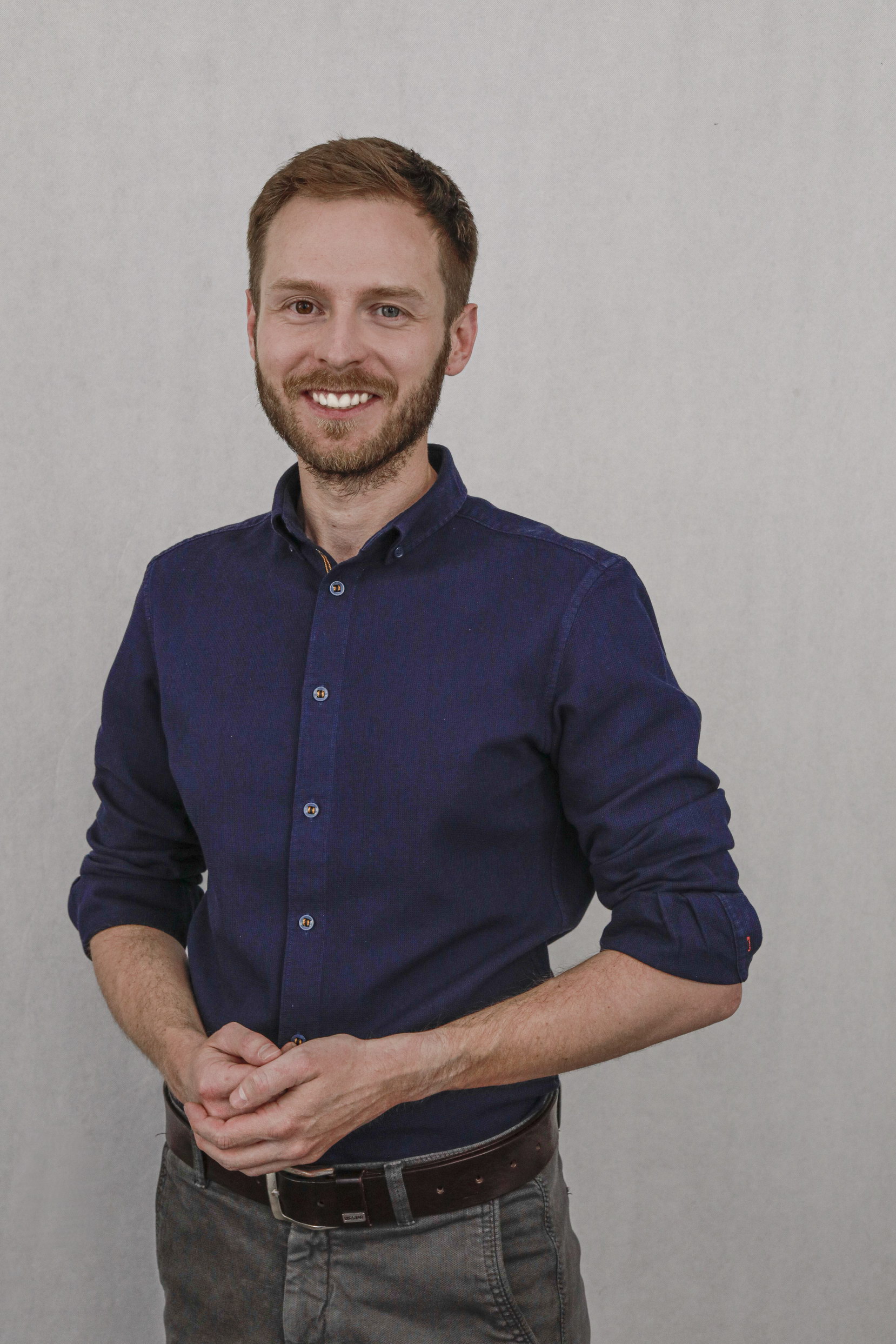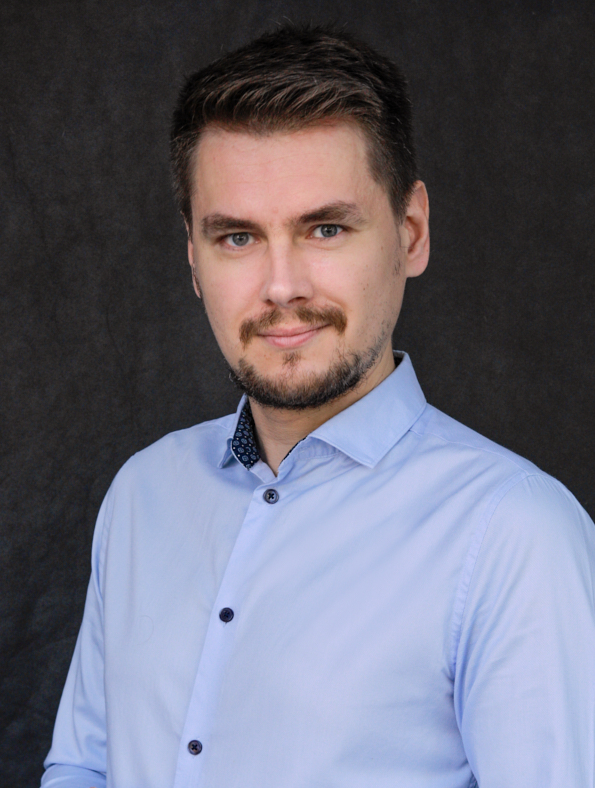Chris Dainty is Emeritus Professorial Research Associate at UCL Institute of Ophthalmology and also holds Emeritus appointments at Imperial College London and The University of Galway (Ireland). In recent years he worked in industry at Xperi Corporation.
Professor Dainty’s research interests are in optical imaging, scattering, wave propagation and adaptive optics. He has co-authored ≈180 peer- reviewed papers and given over 300 conference presentations. Many of his research projects have been related to new instrumentation for imaging and measuring the optical properties of the eye. His teams at Imperial College and NUI Galway built a number of AO vision simulators for psychophysical studies, as well as other instruments for imaging and metrology in the eye, including one that resulted in a successful start-up. He has interacted extensively with industry, including vision care companies such as Abbott Medical Optics, Alcon, Imagine Eyes, J&J Vistakon and Zeiss Jena.
In the course of his career, Prof Dainty graduated 65 PhD students, and mentored over 50 post-docs.
Prof Dainty is the recipient of numerous international awards and prizes, most recently the 2017 Optica (formerly OSA) Leadership Award, and in March 2008 he was elected a Member of the Royal Irish Academy.














